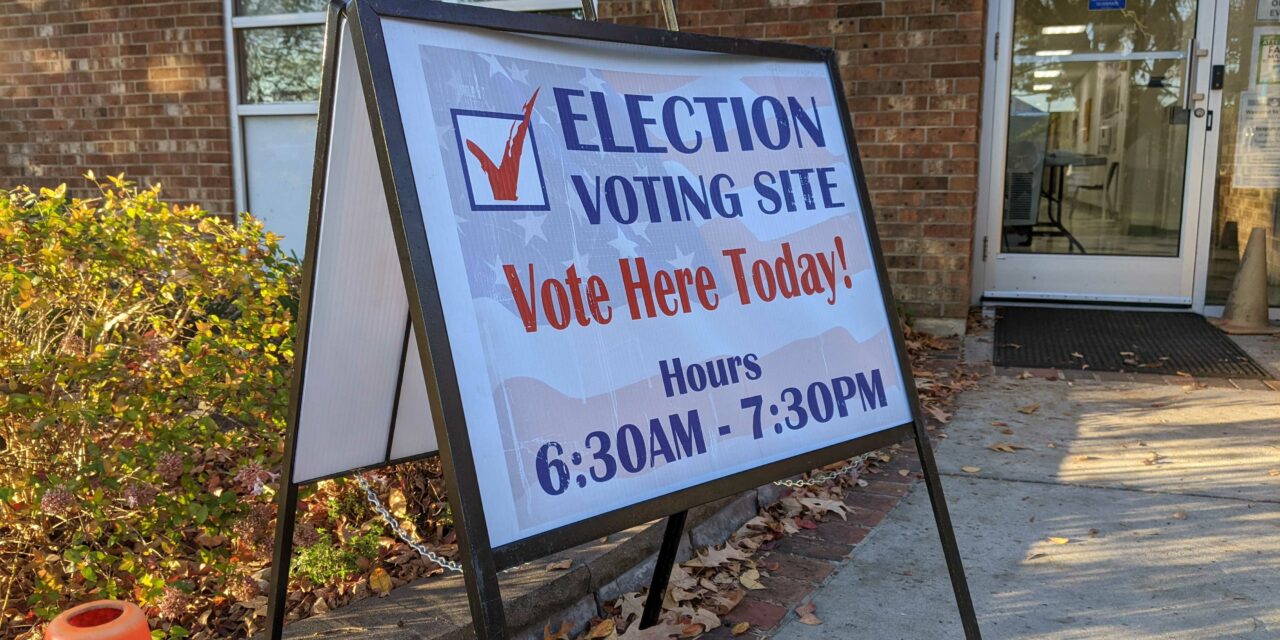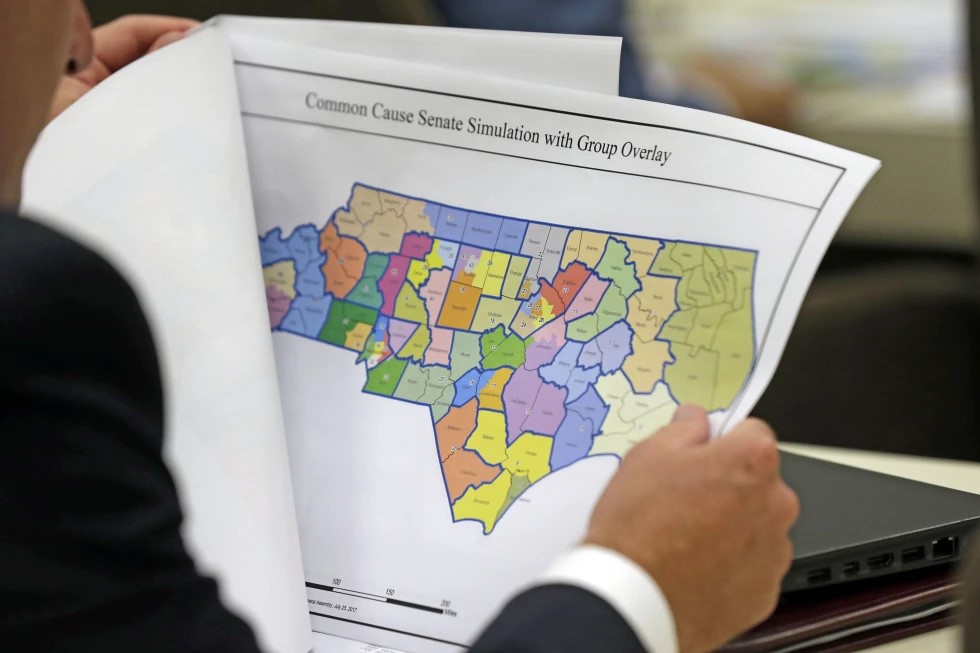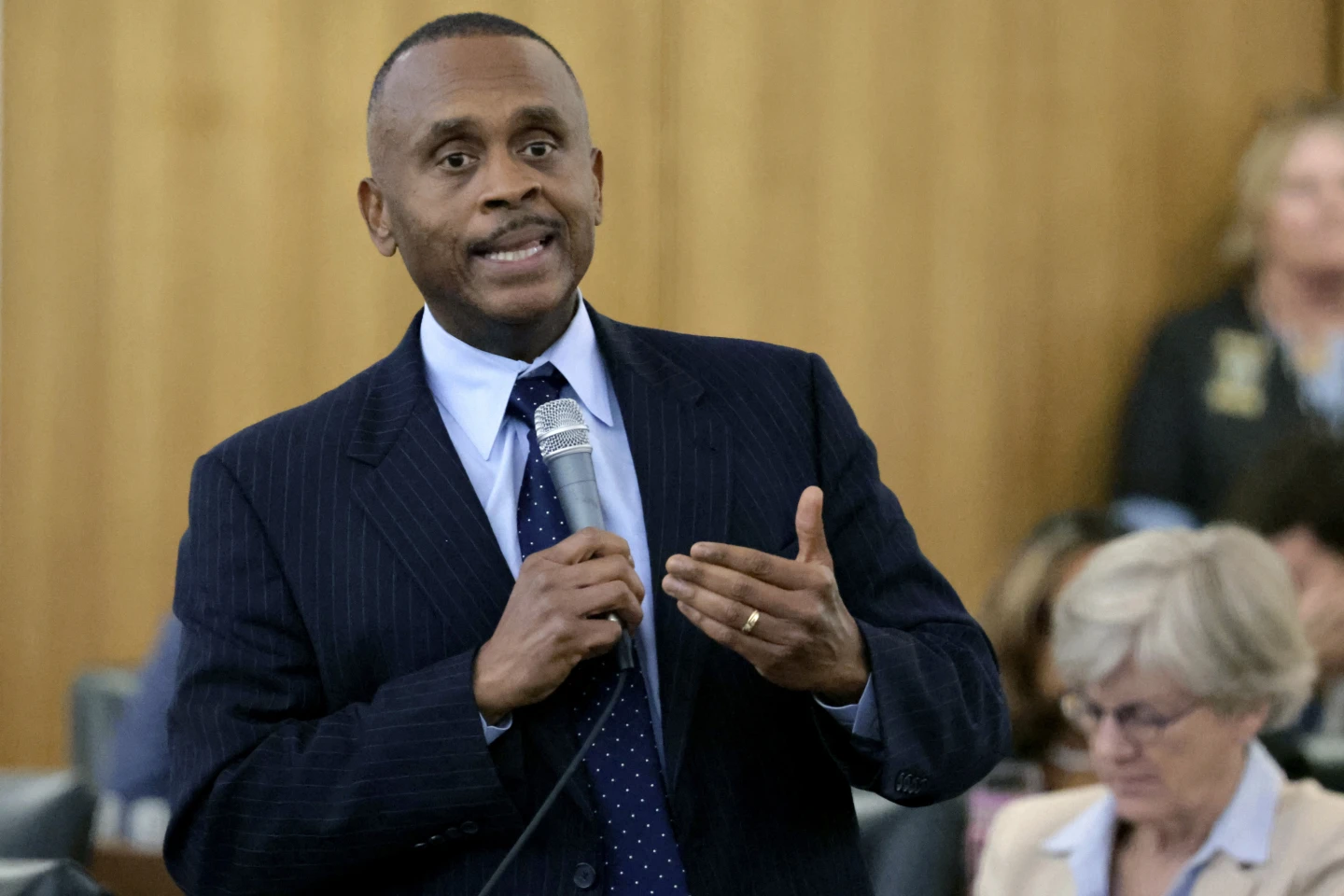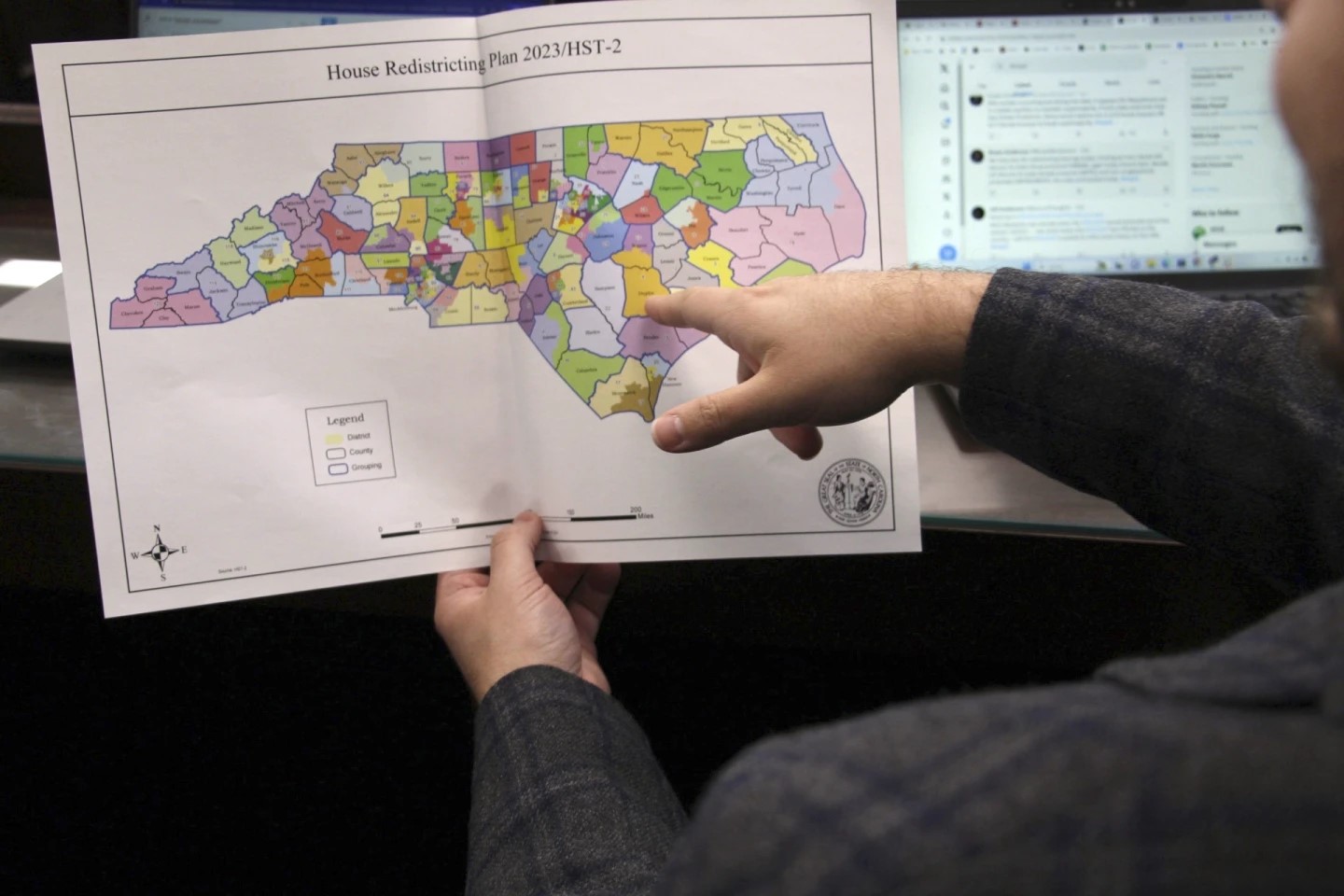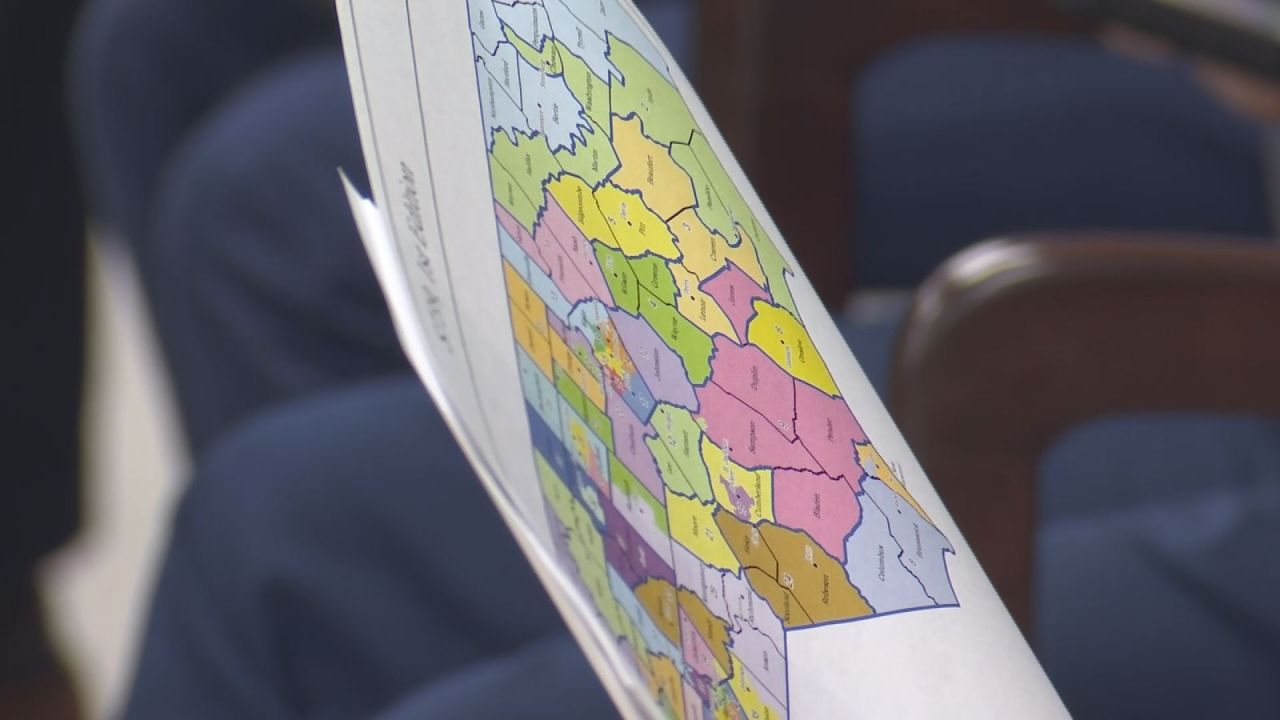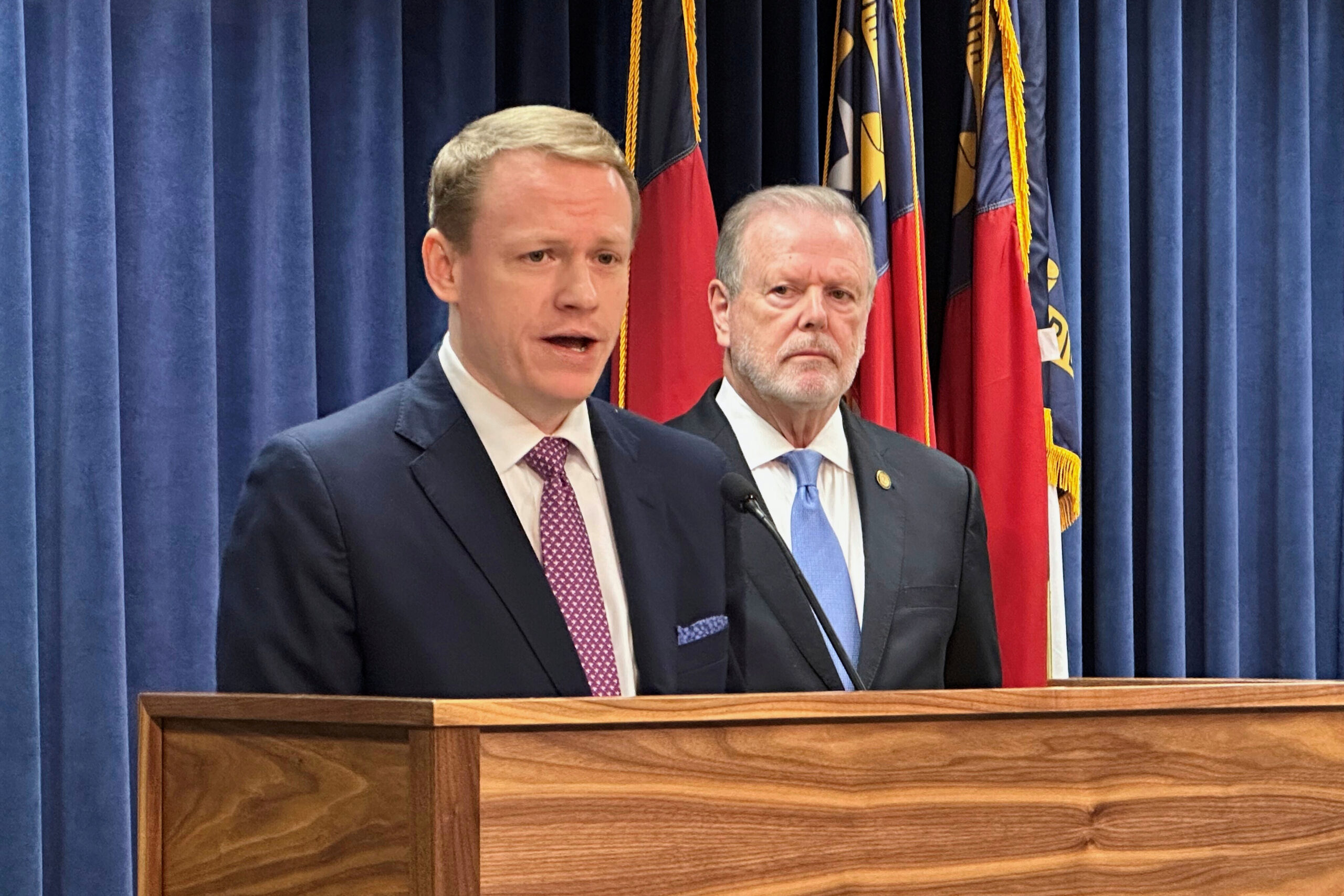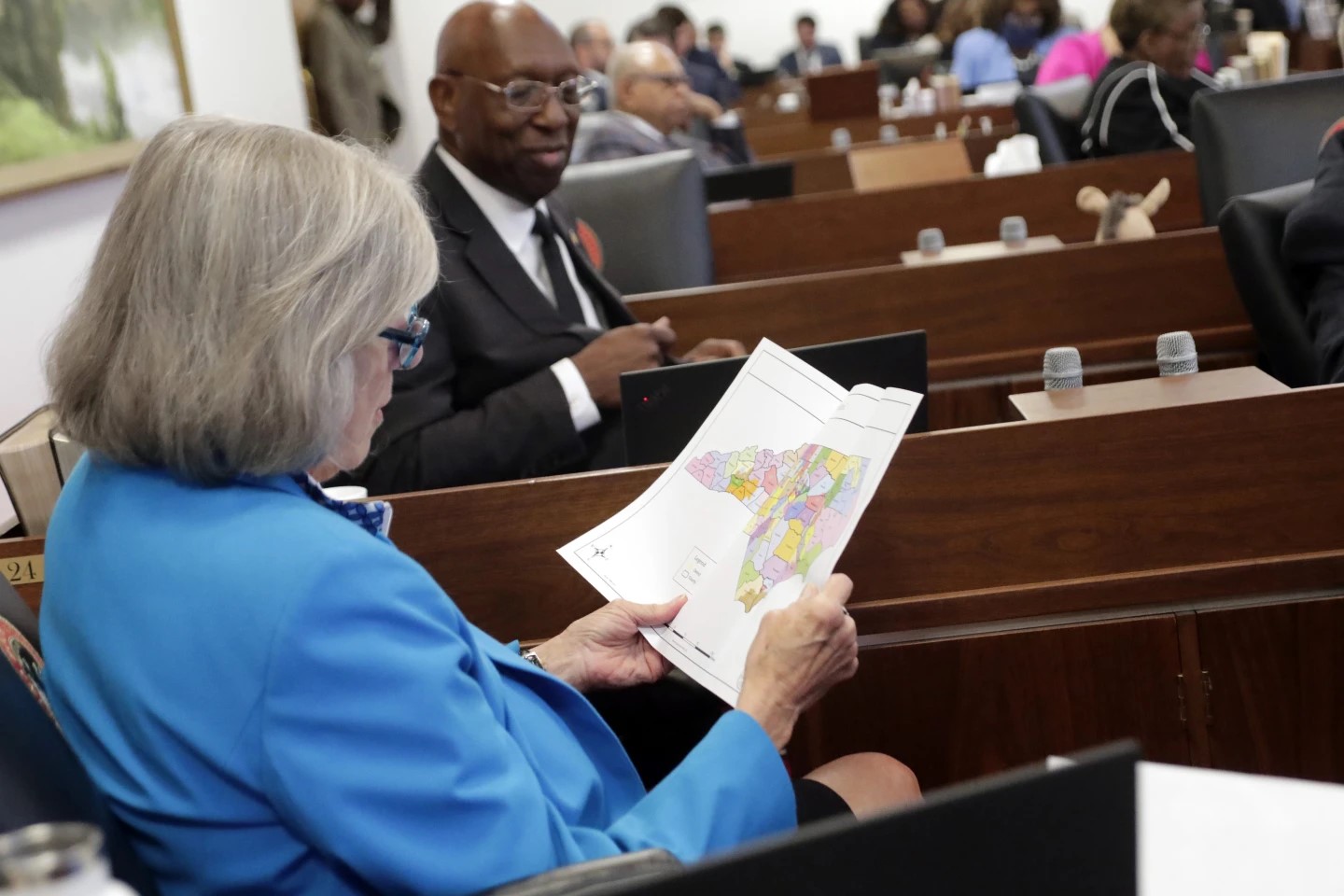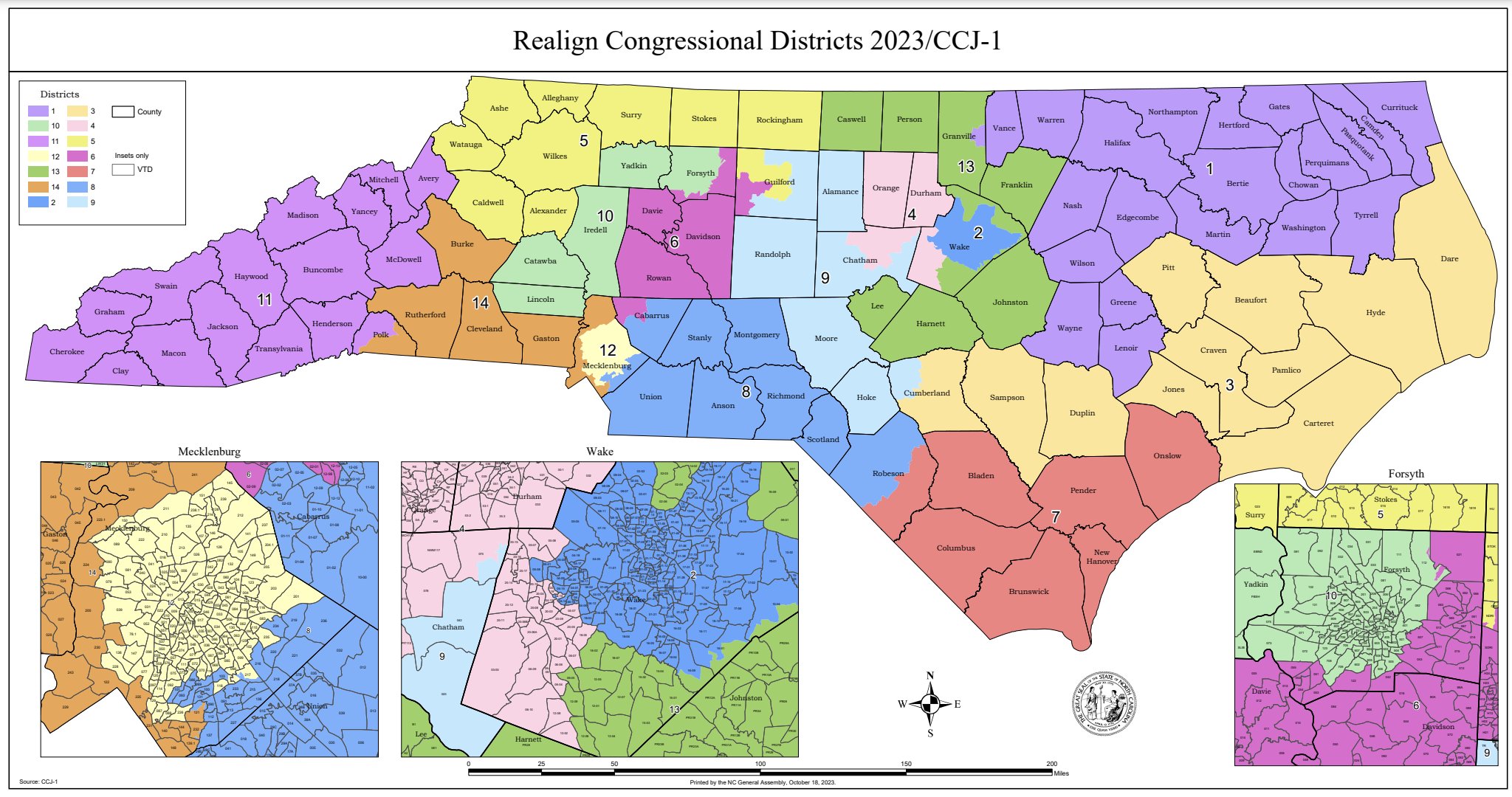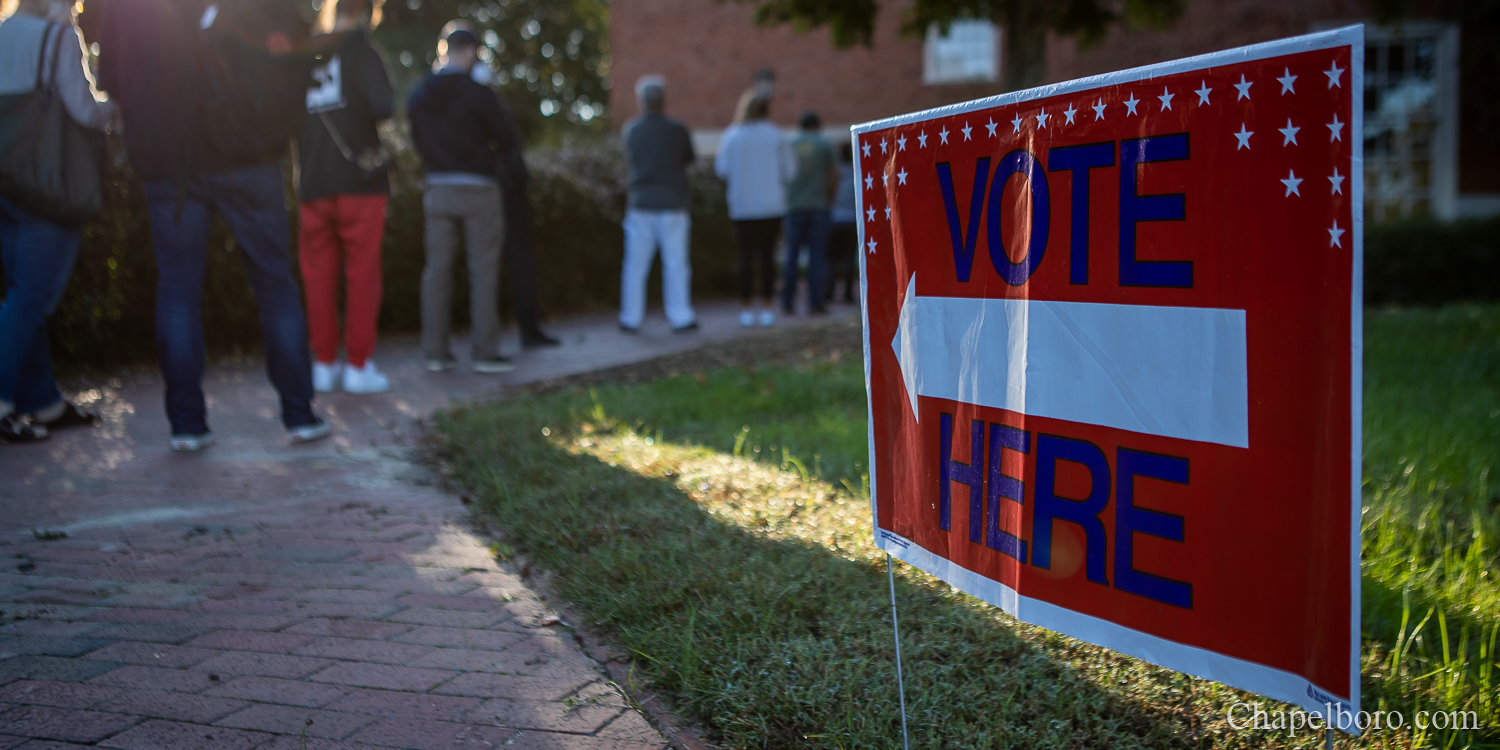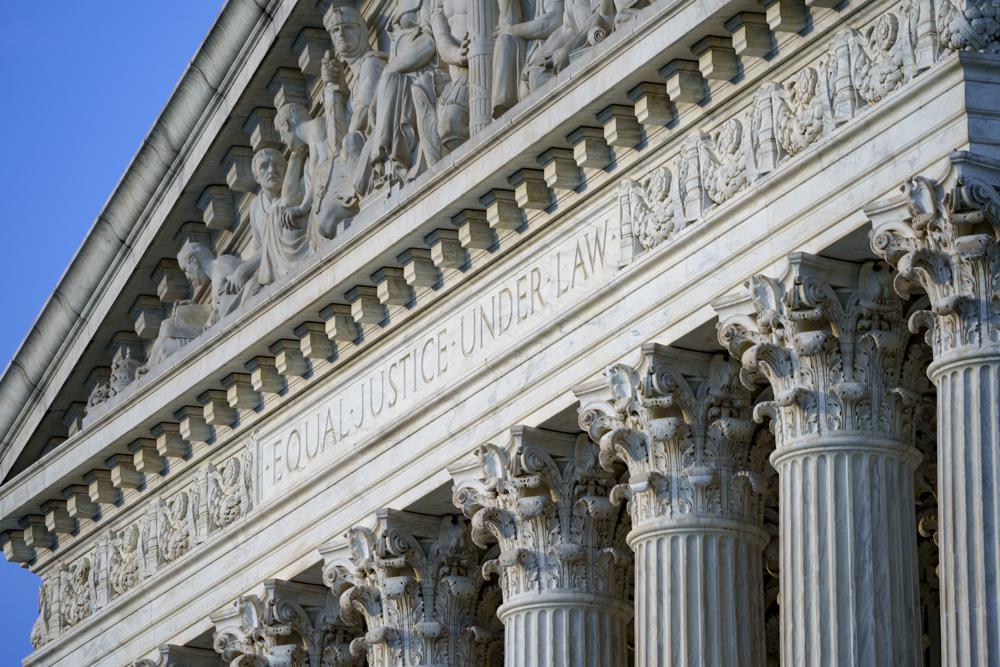The year 2023 will be a pivotal one for several key state-level issues — but perhaps none are as important as legislative redistricting, the starting point for our elections.
Lawmakers in Raleigh are likely to begin another round of redistricting this year. Since Republicans are in the majority in the General Assembly, they also control the redistricting process, and GOP leaders are hoping for a new map that’s even more favorable to Republican candidates.
How much leeway will they have?
That’s partly up to the U.S. Supreme Court, which heard arguments last month in Moore v. Harper, a case that observers say could be vital — or devastating — for American democracy. Kathay Feng, the national redistricting director for Common Cause, calls Moore v. Harper “the most serious legal threat our democracy has ever faced.”
The case began in 2021, when Republican lawmakers drew new Congressional district lines after the 2020 census. The new map was drawn in part to benefit Republicans, a practice called partisan gerrymandering. The North Carolina Supreme Court has ruled that partisan gerrymandering violates the state constitution when it goes too far — and last February, judges ruled that the GOP’s map was unconstitutional. Lawmakers quickly drew a new map, but the court rejected that one too; instead, judges appointed three “special masters” to draw a third map, which was ultimately used in the 2022 midterm election.
“Election Day is the foundation of democratic governance, and partisan gerrymandering can make it meaningless,” says Tyler Daye, policy and civic engagement manager at Common Cause NC.
Republican leaders appealed the case to the U.S. Supreme Court, who agreed to hear arguments in December. In past cases, the legal dispute has largely been about how much gerrymandering is “too much,” a distinction that’s notoriously hard to pin down. But this time, Republicans are making a much more fundamental argument about whether state courts can have any oversight over election laws at all.
“At the bottom, what these folks are asking for is extraordinary,” says former acting U.S. Solicitor General Neal Katyal, who argued the case before the Supreme Court last month. “This case is about checks and balances. Who would want a world in which state legislatures can do whatever the heck they want?”
It’s generally been understood that state courts can overrule state legislatures who enact election rules that violate the state constitution; in fact the U.S. Supreme Court has said as much on several occasions, including recently. But Article I, Section 4 of the U.S. Constitution explicitly gives state legislatures the power to set the rules for federal elections — and Republicans want the Supreme Court to rule that this provision means state courts don’t have any substantive oversight.
That’s called the “independent state legislature” theory — and it could extend not only to redistricting, but also to other rules including early voting and absentee voting. Most legal scholars reject the theory, but three Supreme Court justices — Samuel Alito, Neal Gorsuch, and Clarence Thomas — have argued in favor of it, and a fourth — Brett Kavanaugh — seems to be on the fence.
In December’s oral argument, the other five justices all appeared skeptical of the theory, leading observers to predict that the Court will ultimately reject it. But voting rights advocates remain wary.
“This case is really, truly vital to our democracy,” says Daye. “It’s not a Democratic or Republican issue; it’s about all of our voting rights.”
The Supreme Court will issue its ruling in Moore v. Harper sometime between now and June.
Chapelboro.com does not charge subscription fees, and you can directly support our efforts in local journalism here. Want more of what you see on Chapelboro? Let us bring free local news and community information to you by signing up for our biweekly newsletter.

